Navigating the Calendar: A Comprehensive Guide to Holidays in 2025 and 2026
Related Articles: Navigating the Calendar: A Comprehensive Guide to Holidays in 2025 and 2026
Introduction
With enthusiasm, let’s navigate through the intriguing topic related to Navigating the Calendar: A Comprehensive Guide to Holidays in 2025 and 2026. Let’s weave interesting information and offer fresh perspectives to the readers.
Table of Content
Navigating the Calendar: A Comprehensive Guide to Holidays in 2025 and 2026
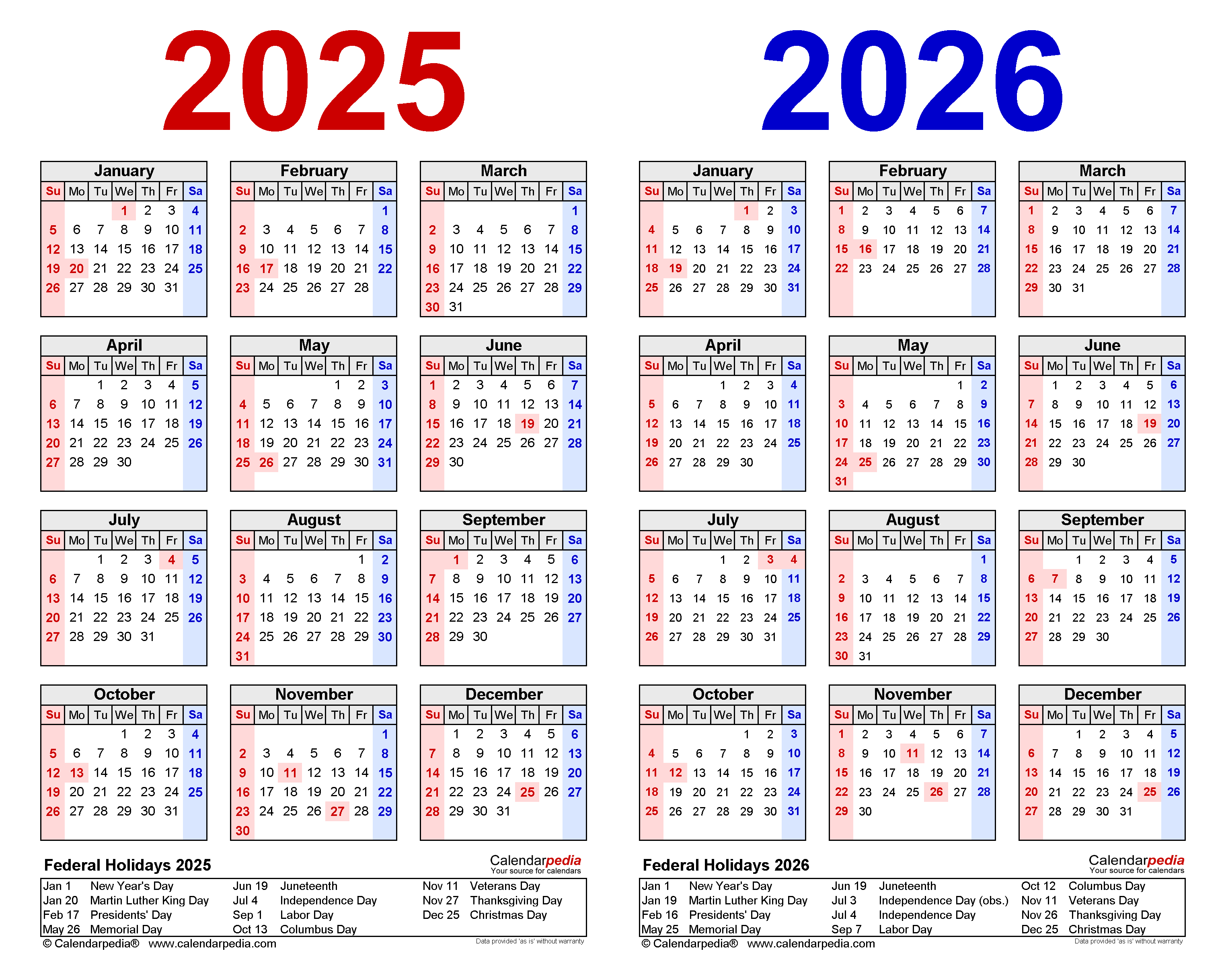
Understanding the calendar’s rhythm of holidays is essential for personal planning, business operations, and cultural awareness. This comprehensive guide provides an in-depth overview of significant holidays in 2025 and 2026, focusing on their historical significance, cultural relevance, and practical implications.
2025: A Year of Celebration and Reflection
January
- New Year’s Day (January 1): Marking the beginning of a new year, this day is celebrated worldwide with festivities and resolutions.
- Martin Luther King Jr. Day (January 20): A federal holiday in the United States honoring the civil rights leader, Martin Luther King Jr., it serves as a reminder of the ongoing fight for equality and justice.
- Chinese New Year (February 10): This lunar new year, celebrated by millions worldwide, marks the beginning of a new year according to the lunisolar calendar. Festivities often include family gatherings, traditional meals, and lion dances.
February
- Groundhog Day (February 2): This unique American tradition involves observing a groundhog’s behavior to predict the length of winter.
- Valentine’s Day (February 14): A day dedicated to love and romance, celebrated with gifts, flowers, and romantic gestures.
March
- St. Patrick’s Day (March 17): A celebration of Irish heritage, this day features parades, green beer, and traditional Irish music.
April
- Easter Sunday (April 20): A Christian holiday celebrating the resurrection of Jesus Christ, Easter Sunday often involves church services, Easter egg hunts, and family gatherings.
- Earth Day (April 22): An annual event dedicated to raising awareness about environmental issues and promoting sustainability.
May
- Mother’s Day (May 11): A day to honor mothers and express gratitude for their love and sacrifices.
- Memorial Day (May 26): A federal holiday in the United States honoring those who died while serving in the United States Armed Forces.
June
- Father’s Day (June 15): A day to celebrate fathers and show appreciation for their contributions.
July
- Independence Day (July 4): A federal holiday in the United States celebrating the Declaration of Independence, marked by fireworks displays, parades, and barbecues.
August
- Labor Day (September 1): A federal holiday in the United States honoring the achievements of American workers.
September
- Columbus Day (October 13): A federal holiday in the United States, commemorating the arrival of Christopher Columbus in the Americas. It remains a controversial holiday due to its historical context and impact on Indigenous populations.
October
- Halloween (October 31): A celebration of the dead, featuring costumes, trick-or-treating, and spooky decorations.
November
- Veterans Day (November 11): A federal holiday in the United States honoring all veterans who served in the United States Armed Forces.
- Thanksgiving Day (November 27): A federal holiday in the United States celebrated with family gatherings, a traditional feast, and expressions of gratitude.
December
- Hanukkah (December 8-16): An eight-day Jewish festival commemorating the rededication of the Second Temple in Jerusalem.
- Christmas Day (December 25): A Christian holiday celebrating the birth of Jesus Christ, often observed with gift-giving, family gatherings, and religious services.
- Kwanzaa (December 26-January 1): A seven-day African-American cultural celebration honoring community, self-determination, and cultural heritage.
2026: A Year of Cultural Exploration and Global Connections
January
- New Year’s Day (January 1): A universal celebration marking the beginning of a new year.
- Martin Luther King Jr. Day (January 19): A federal holiday in the United States honoring the civil rights leader, Martin Luther King Jr.
February
- Chinese New Year (February 10): A major celebration for millions worldwide, marking the beginning of a new year according to the lunisolar calendar.
March
- St. Patrick’s Day (March 17): A celebration of Irish heritage, featuring parades, green beer, and traditional Irish music.
April
- Easter Sunday (April 13): A Christian holiday celebrating the resurrection of Jesus Christ, often observed with church services, Easter egg hunts, and family gatherings.
May
- Mother’s Day (May 10): A day to honor mothers and express gratitude for their love and sacrifices.
- Memorial Day (May 25): A federal holiday in the United States honoring those who died while serving in the United States Armed Forces.
June
- Father’s Day (June 14): A day to celebrate fathers and show appreciation for their contributions.
July
- Independence Day (July 4): A federal holiday in the United States celebrating the Declaration of Independence, marked by fireworks displays, parades, and barbecues.
August
- Labor Day (September 7): A federal holiday in the United States honoring the achievements of American workers.
September
- Columbus Day (October 12): A federal holiday in the United States, commemorating the arrival of Christopher Columbus in the Americas.
October
- Halloween (October 31): A celebration of the dead, featuring costumes, trick-or-treating, and spooky decorations.
November
- Veterans Day (November 11): A federal holiday in the United States honoring all veterans who served in the United States Armed Forces.
- Thanksgiving Day (November 26): A federal holiday in the United States celebrated with family gatherings, a traditional feast, and expressions of gratitude.
December
- Hanukkah (December 1-9): An eight-day Jewish festival commemorating the rededication of the Second Temple in Jerusalem.
- Christmas Day (December 25): A Christian holiday celebrating the birth of Jesus Christ, often observed with gift-giving, family gatherings, and religious services.
- Kwanzaa (December 26-January 1): A seven-day African-American cultural celebration honoring community, self-determination, and cultural heritage.
FAQs: Navigating the Holiday Landscape
Q: What are the key differences between holidays in 2025 and 2026?
A: While many holidays remain consistent, there are subtle shifts in dates due to the lunar calendar. For instance, Chinese New Year falls on February 10 in both 2025 and 2026, but the specific days of the week may differ.
Q: How do holidays impact business operations?
A: Holidays can affect business operations in several ways. Many businesses close or operate with reduced hours during holidays, impacting customer service, production, and supply chains. It’s crucial to factor in these potential disruptions when planning business activities.
Q: How do holidays influence cultural understanding?
A: Holidays offer valuable insights into different cultures and traditions. Celebrating these events, even if they are not personally observed, fosters appreciation for diversity and promotes understanding across cultures.
Q: How can I best plan for holidays?
A: Planning for holidays involves a multi-faceted approach:
- Personal Planning: Ensure important personal events, such as travel or family gatherings, align with holiday schedules.
- Professional Planning: Anticipate potential business disruptions and adjust operations accordingly.
- Cultural Awareness: Familiarize yourself with the customs and traditions associated with different holidays, fostering respect and understanding.
Tips for Maximizing Holiday Experiences
- Embrace the Season: Participate in holiday traditions, whether it’s decorating for Halloween, attending a Thanksgiving feast, or exchanging gifts during Christmas.
- Connect with Loved Ones: Use holidays as an opportunity to spend quality time with family and friends, strengthening bonds and creating lasting memories.
- Give Back to the Community: Engage in acts of kindness and service, whether through volunteering, donating, or simply extending a helping hand.
- Reflect and Renew: Use holidays as a time for reflection, setting goals for the future, and renewing your spirit.
Conclusion: The Rhythms of Time and Tradition
Holidays are more than just designated days off; they are vibrant expressions of culture, history, and human connection. By understanding the nuances of these celebrations, we gain a deeper appreciation for the diverse tapestry of human experience. Whether celebrating with loved ones, reflecting on the past, or simply enjoying a day off, holidays offer a unique opportunity to connect with ourselves, our communities, and the world around us.
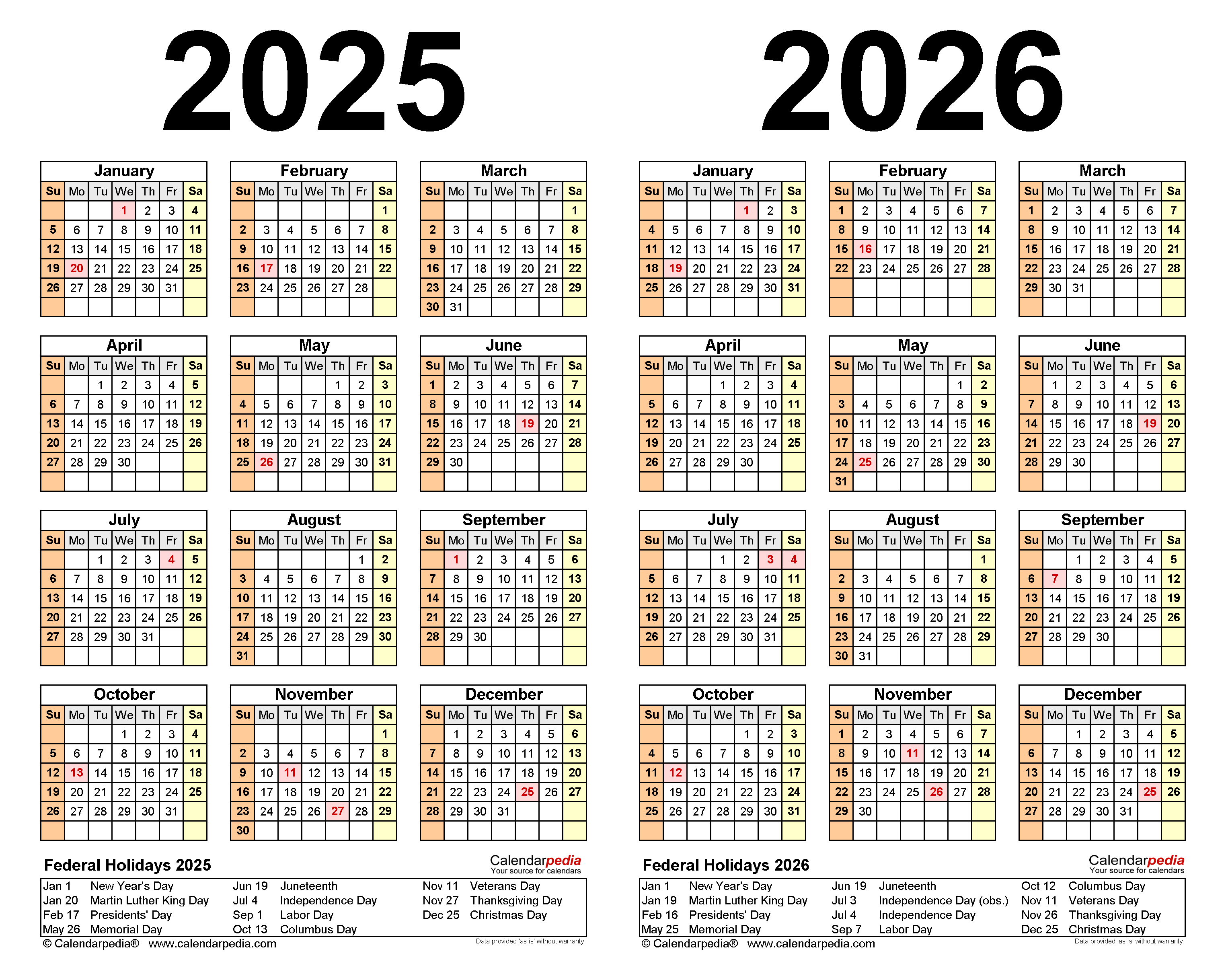
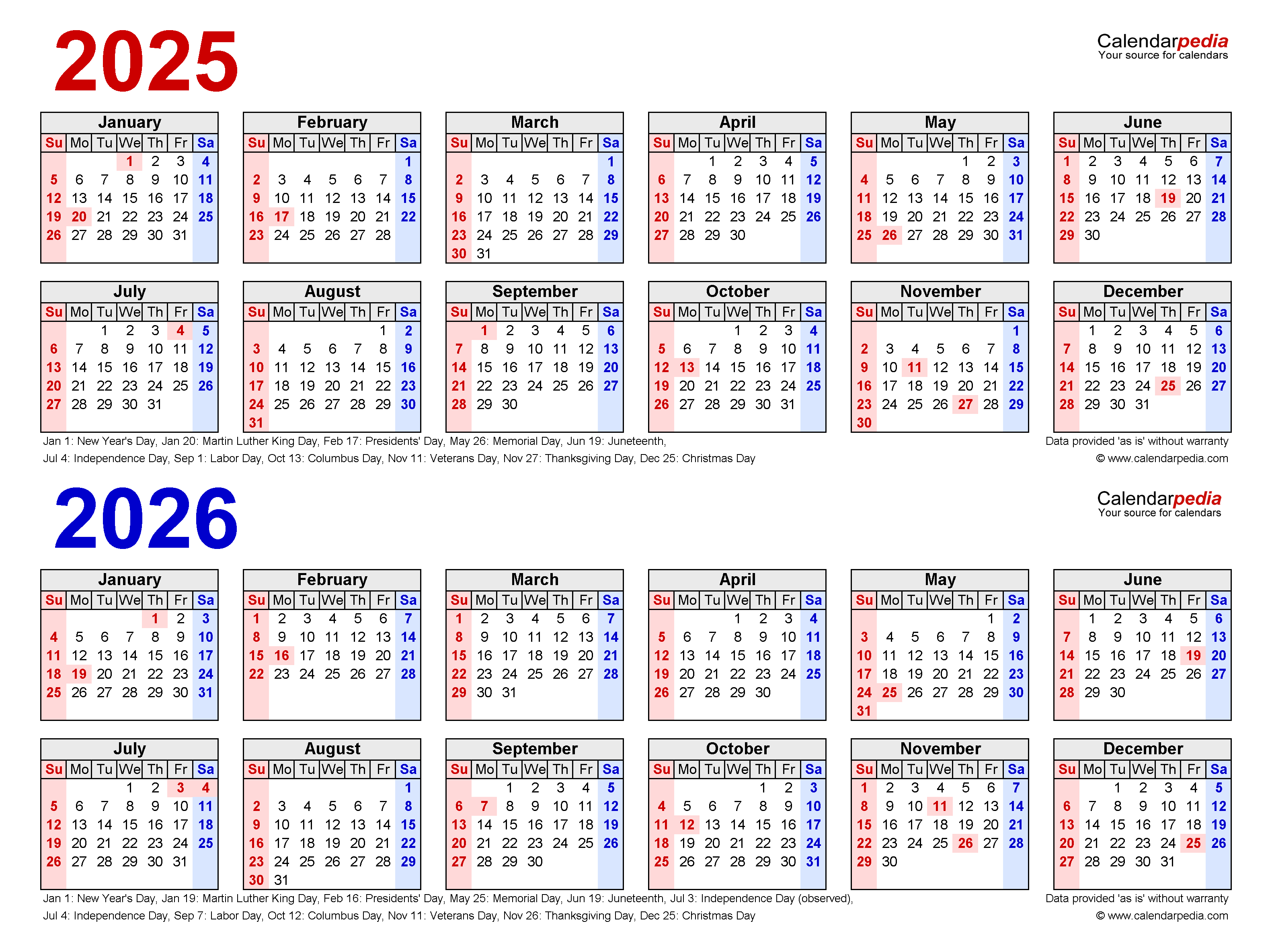
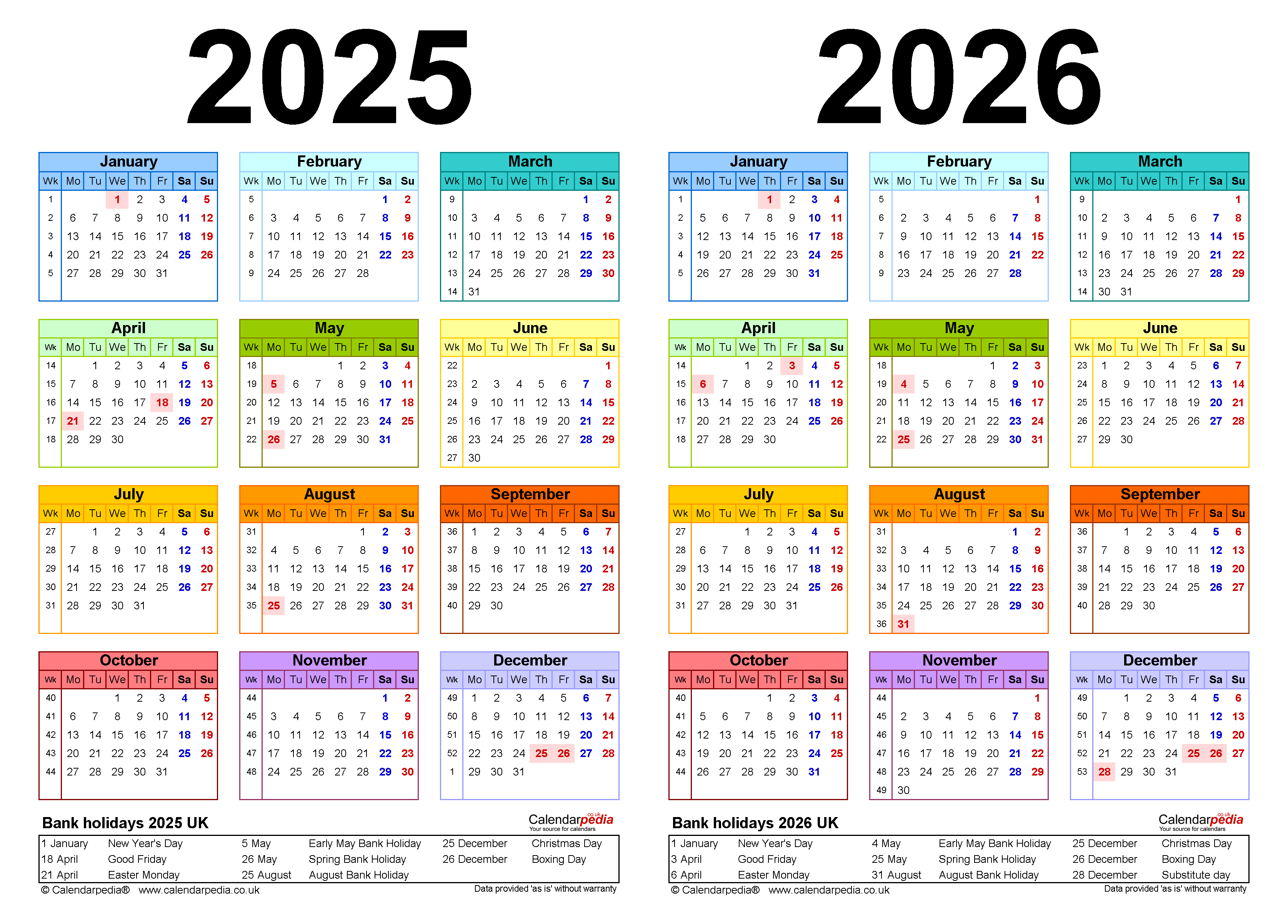
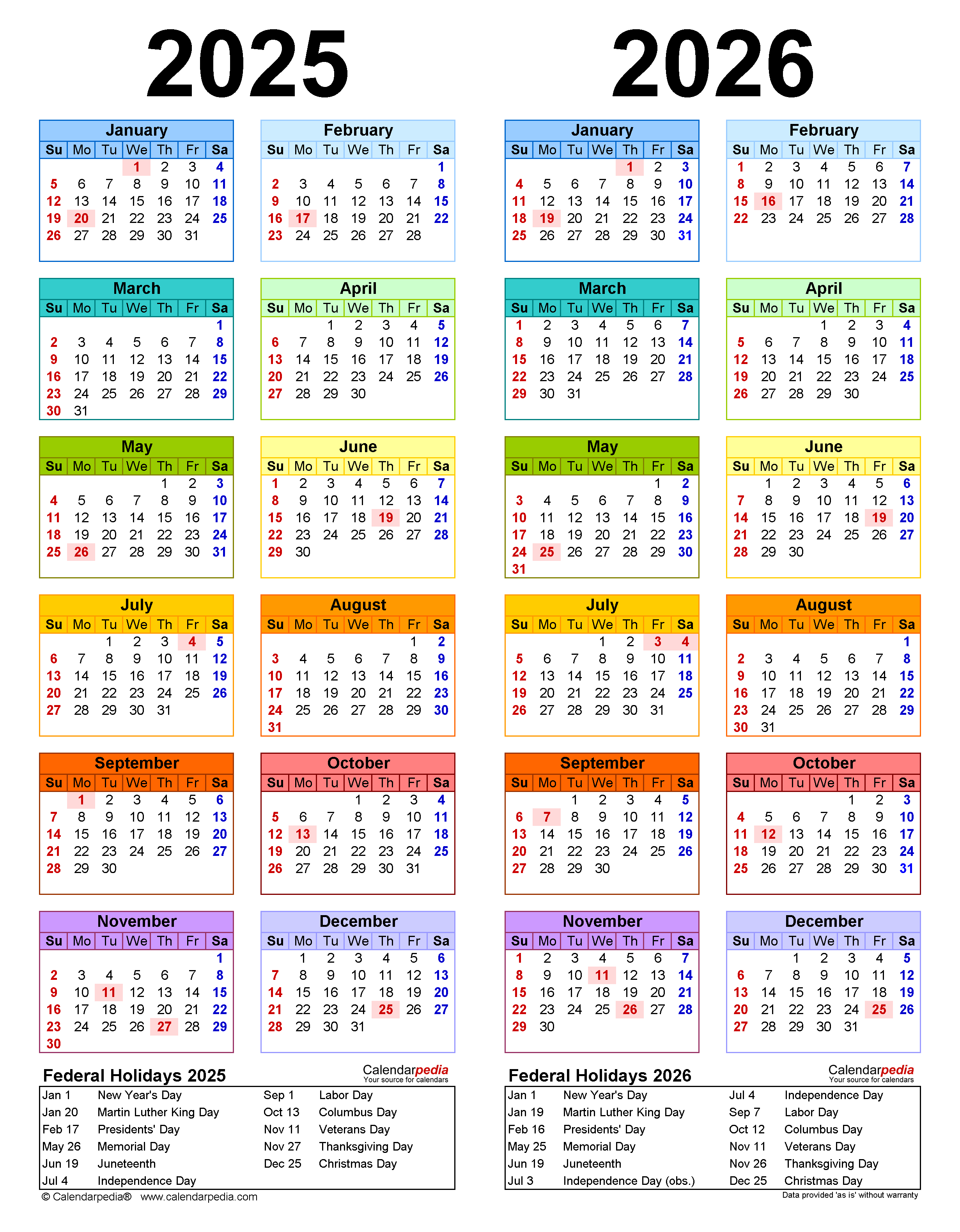
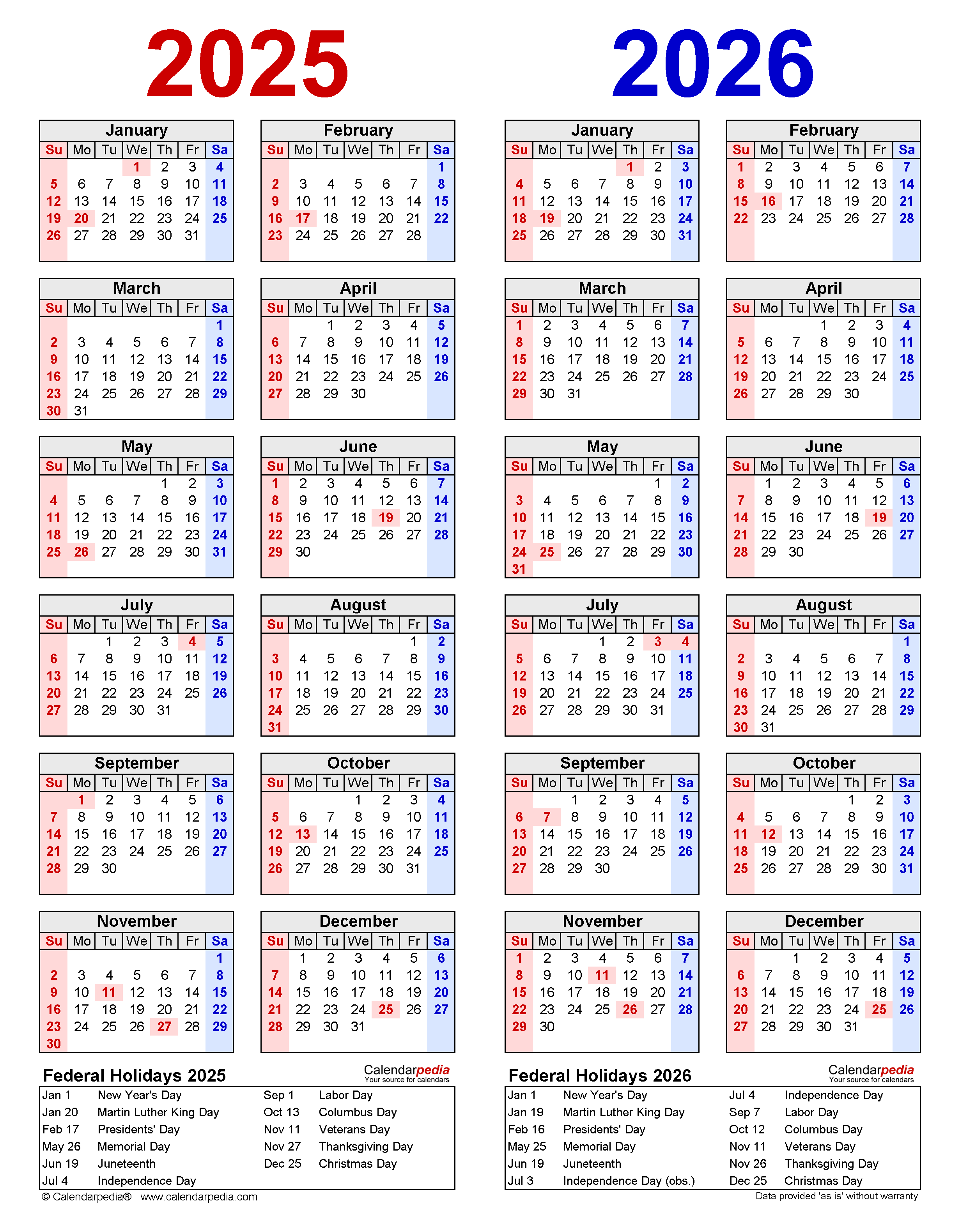
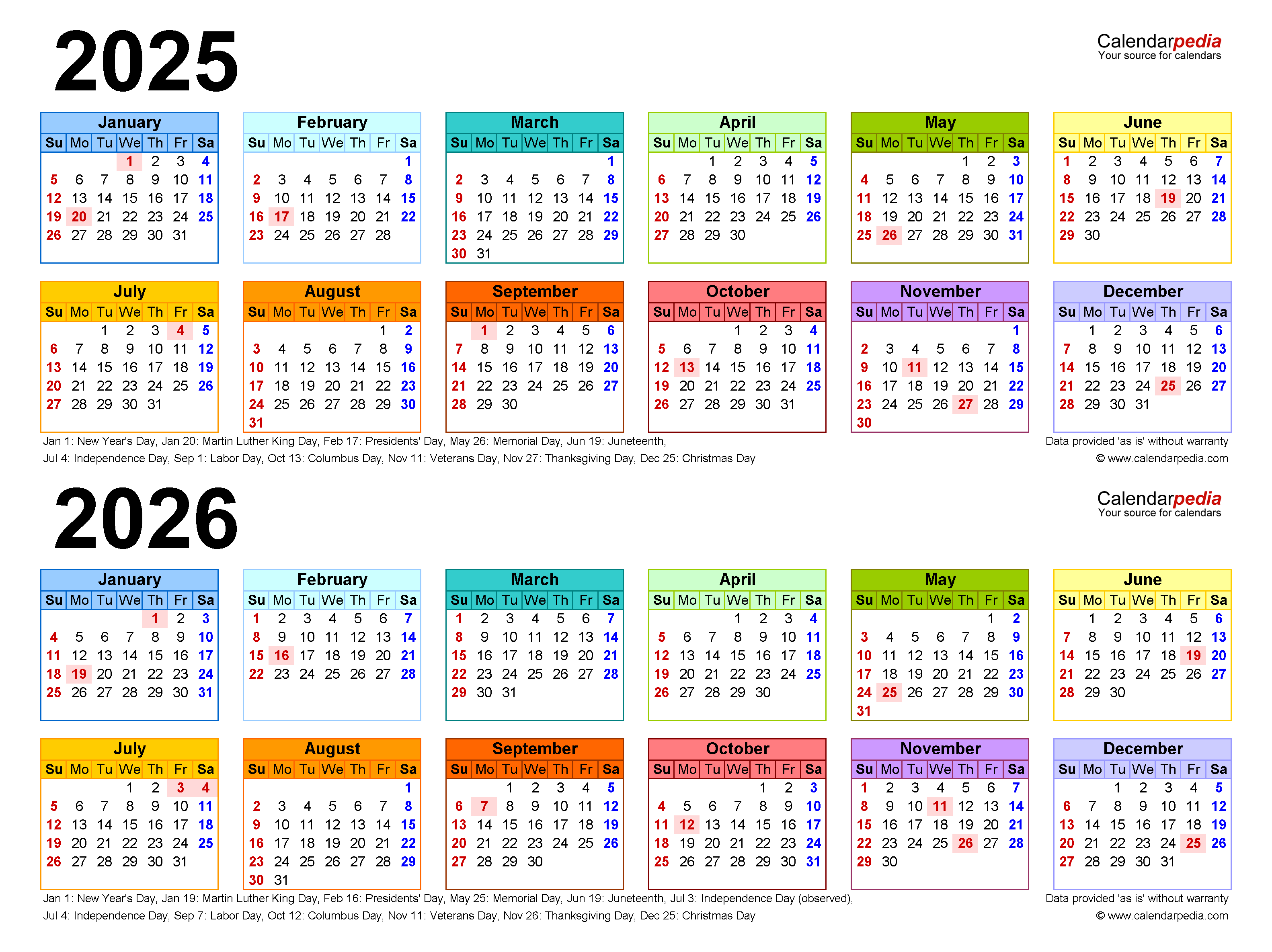
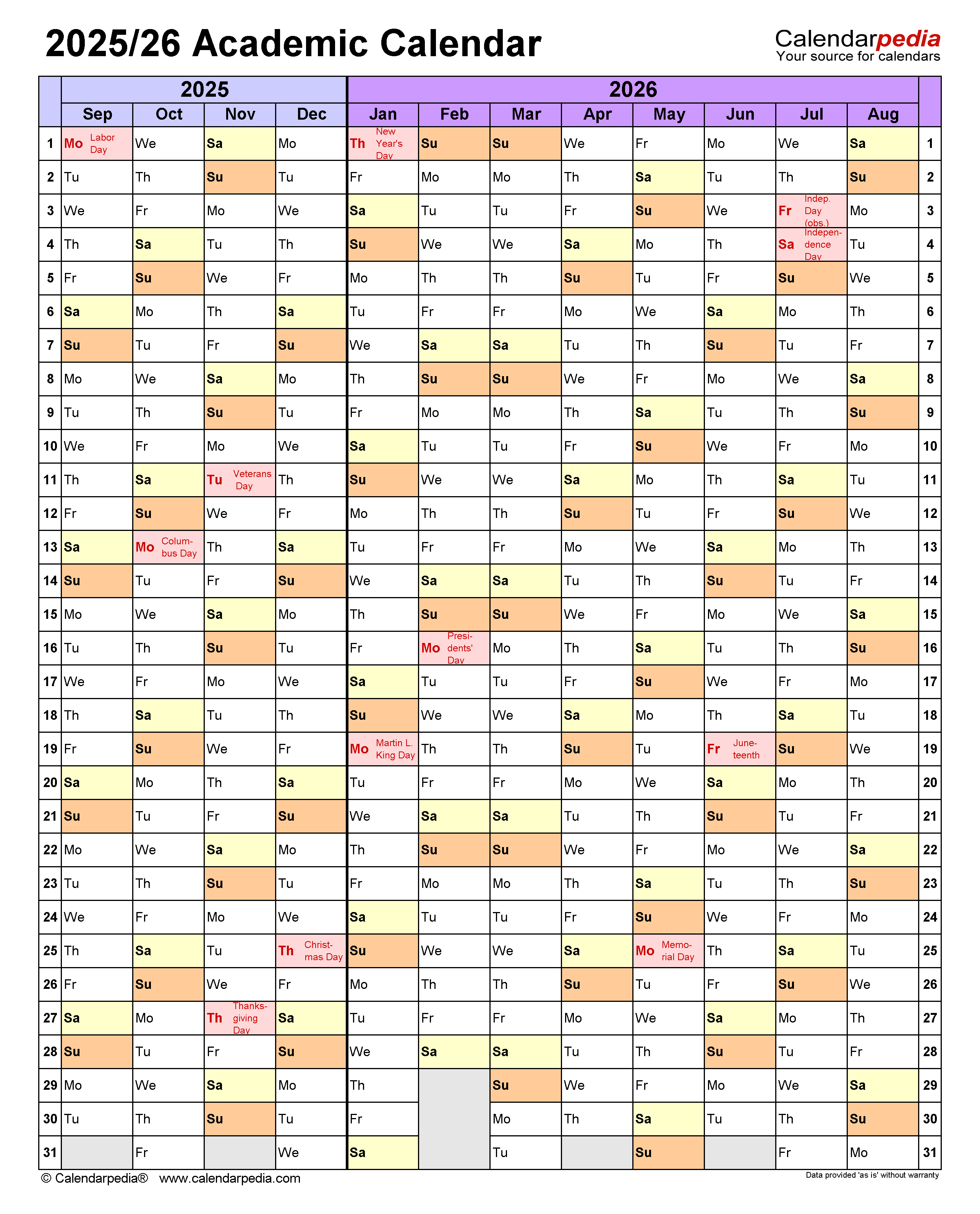

Closure
Thus, we hope this article has provided valuable insights into Navigating the Calendar: A Comprehensive Guide to Holidays in 2025 and 2026. We hope you find this article informative and beneficial. See you in our next article!